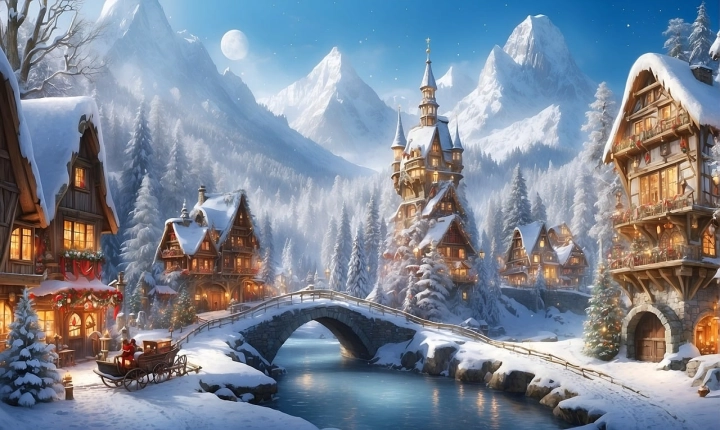In recent years, artificial intelligence (AI) has made significant advancements in the field of computer-generated imagery. This has led to the emergence of AI-generated pictures that are often indistinguishable from those created by humans. As a result, it has become increasingly challenging to determine whether a picture has been AI-generated or not. However, there are a few telltale signs that can help discern between the two.
One of the most common indicators of an AI-generated picture is the presence of surreal or fantastical elements that are unlikely to occur in real life. AI algorithms are often trained on large datasets of images, which can result in the generation of pictures that combine elements from different sources to create a completely new and unrealistic scene. For example, a picture that features a flying horse or a floating cityscape may be a product of AI technology.
Another clue to look for is the presence of strange or unrealistic proportions in the image. AI algorithms may struggle to accurately recreate realistic proportions, resulting in pictures that feature distorted or exaggerated elements. This can be particularly noticeable in the anatomy of human or animal subjects, as well as in the scale and perspective of objects within the scene.
Additionally, analyzing the level of detail and consistency within the picture can also provide insight into its origins. AI-generated images may exhibit a high level of detail and precision that is difficult to achieve through traditional means. However, this precision may also lead to an unnaturally clean and perfect appearance, lacking the imperfections and nuances typically found in human-created art.
Furthermore, the presence of repetitive patterns or artifacts may indicate that a picture has been AI-generated. AI algorithms often rely on repetitive patterns or structures within their training data, which can result in the generation of images that feature repeated motifs or visual artifacts. These patterns may not occur in nature or in human-generated art, making them a potential giveaway of AI involvement.
It is important to note that while these signs can help identify AI-generated pictures, they are not foolproof. AI technology is constantly evolving, and new advancements are continually challenging our ability to distinguish between human-created and AI-generated images. As a result, it is important to approach all images with a critical eye and to be aware of the potential for AI involvement in their creation. As AI technology continues to progress, it is crucial to develop new methods and strategies for identifying and verifying the authenticity of visual content.
